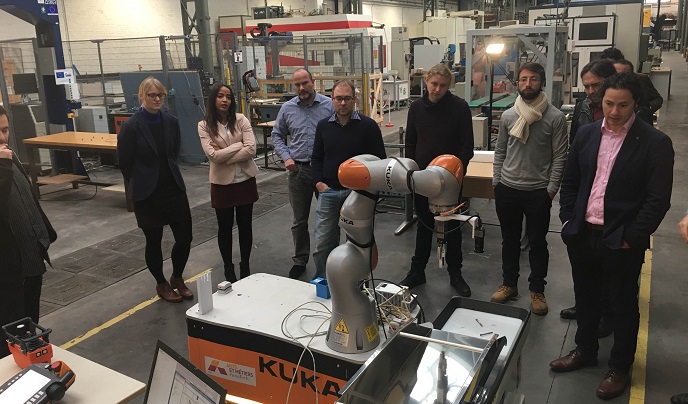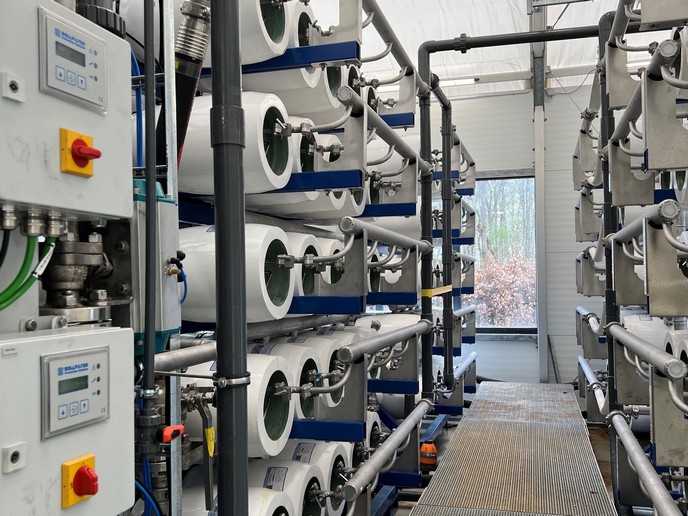Europe needs an innovation-driven economy
Researching under the EU-funded 'Finance, innovation and growth: Changing patterns and policy implications' (FINNOV) project, members of the consortium found that long-term economic success hinges on Europe's capacity to generate new knowledge and inventions. These then need to be translated into economic adaptation and growth. This, however, is not today's reality. FINNOV findings, which were presented during a final conference at the House of Commons of the British Parliament, suggest that the current financial system penalises innovation rather than supports it. In line with the EU's 2020 goal to develop a knowledge-based economy driven by innovation, FINNOV tabled policy recommendations to ensure state investments actually deliver tangible returns to the public purse, not just debt. FINNOV widely improved policymakers' understanding of the interaction between financial markets and innovation-led growth, and the effect of such growth on the social distribution of risks and rewards. The project, which received immense media attention across Europe, can assist policymakers forge a sustainable and equitable model of economic growth that will ultimately help Europe recover from the crisis. According to FINNOV, the time has come to welcome a new era of reform that will create possibilities for economic and social development.







